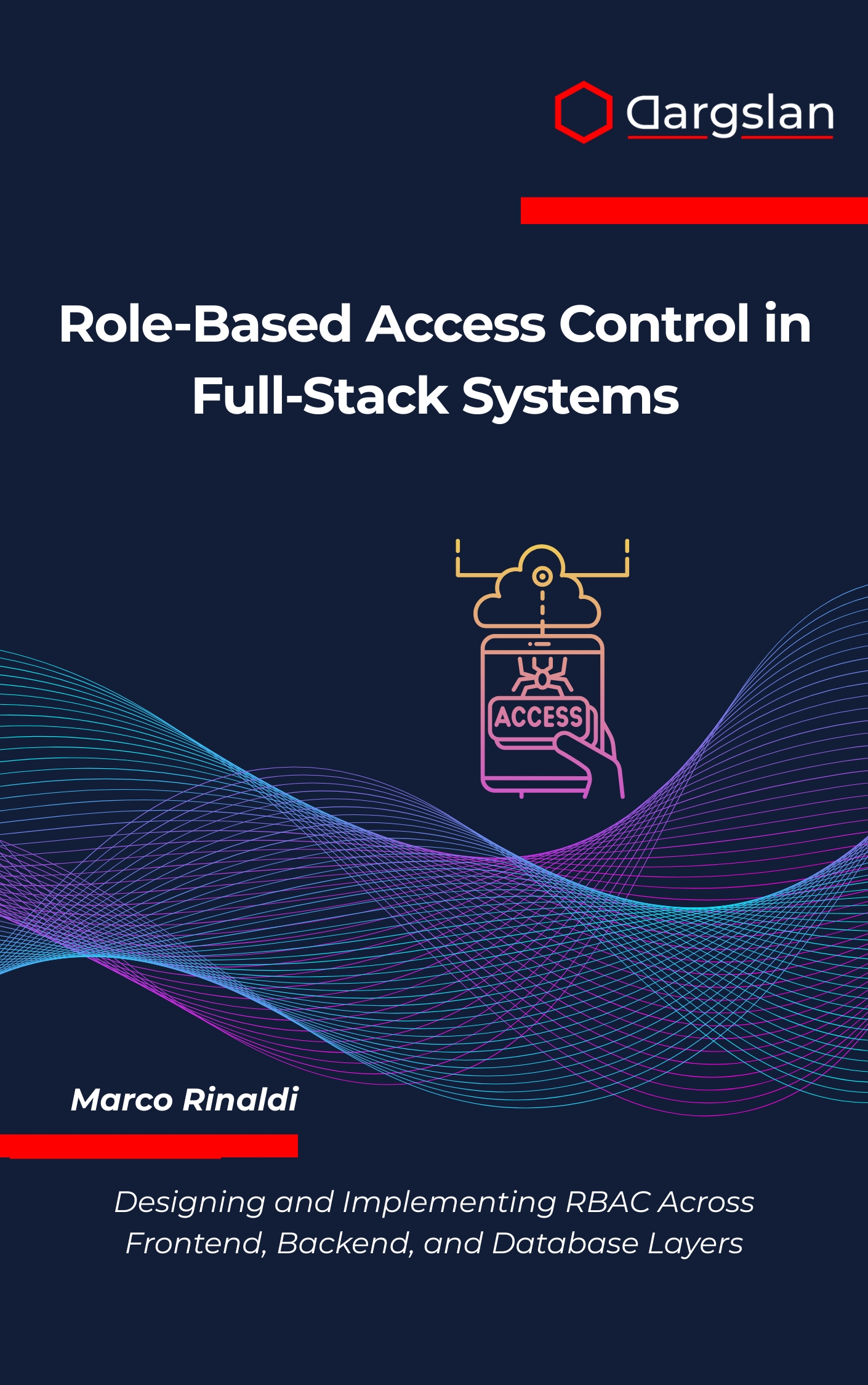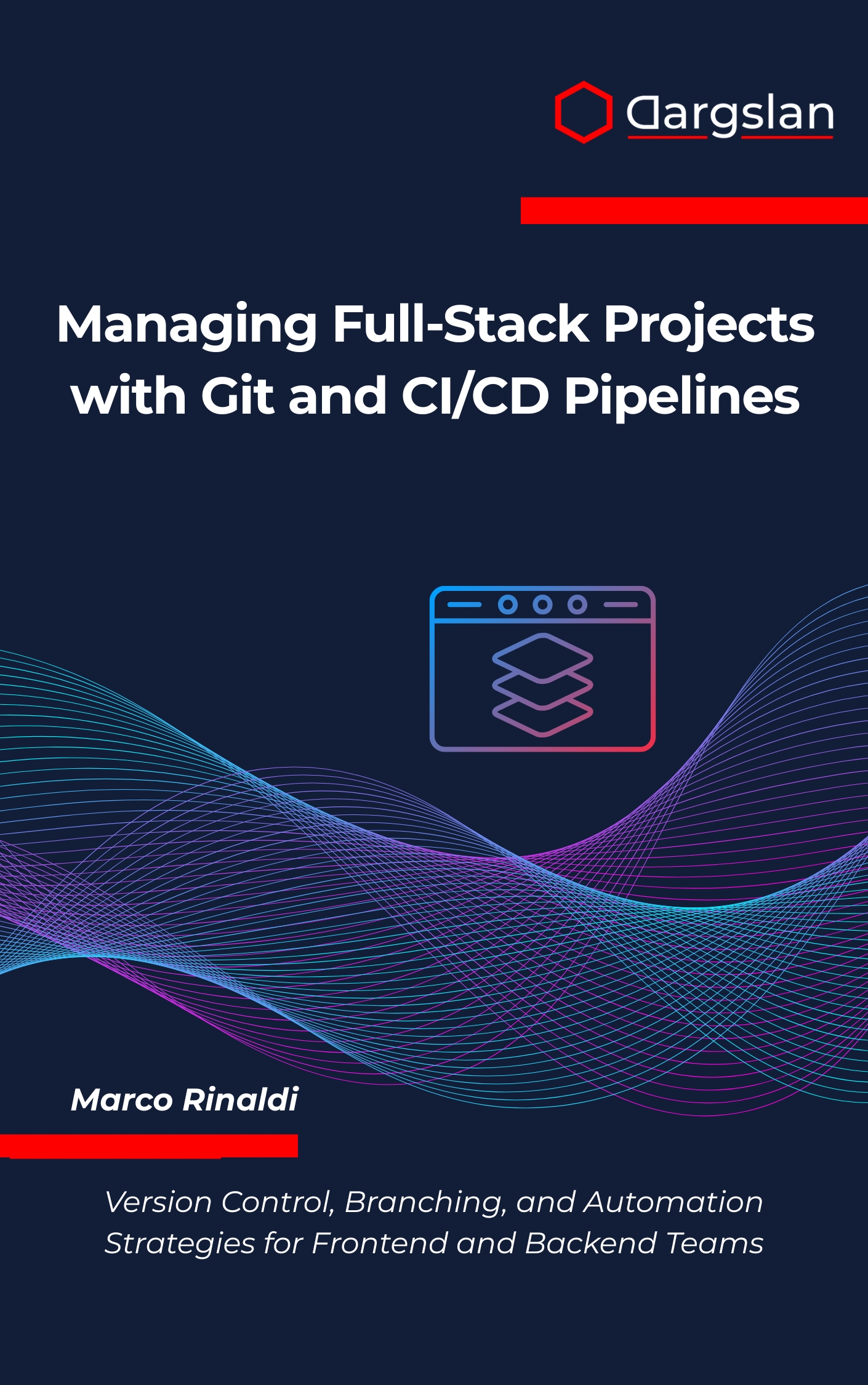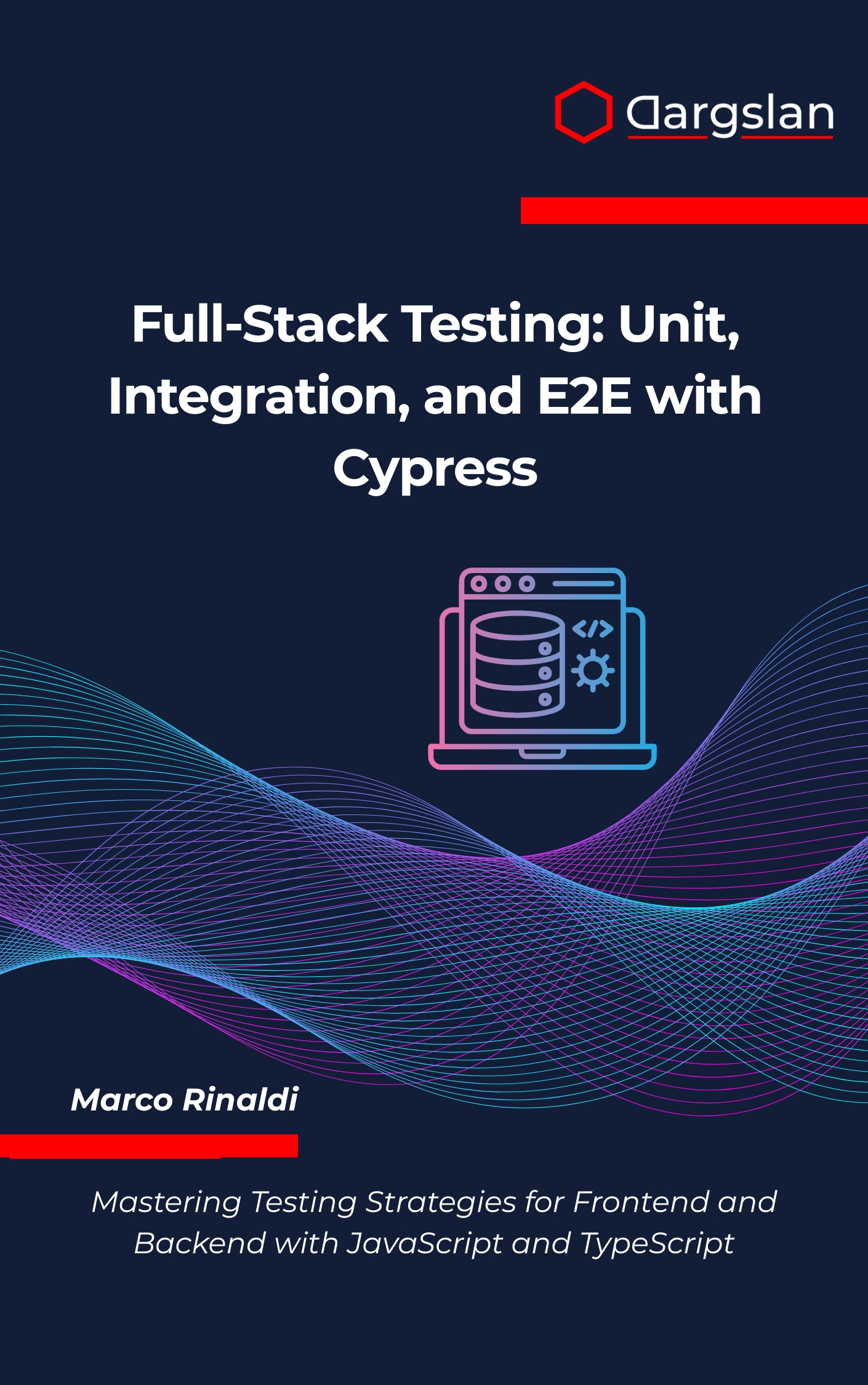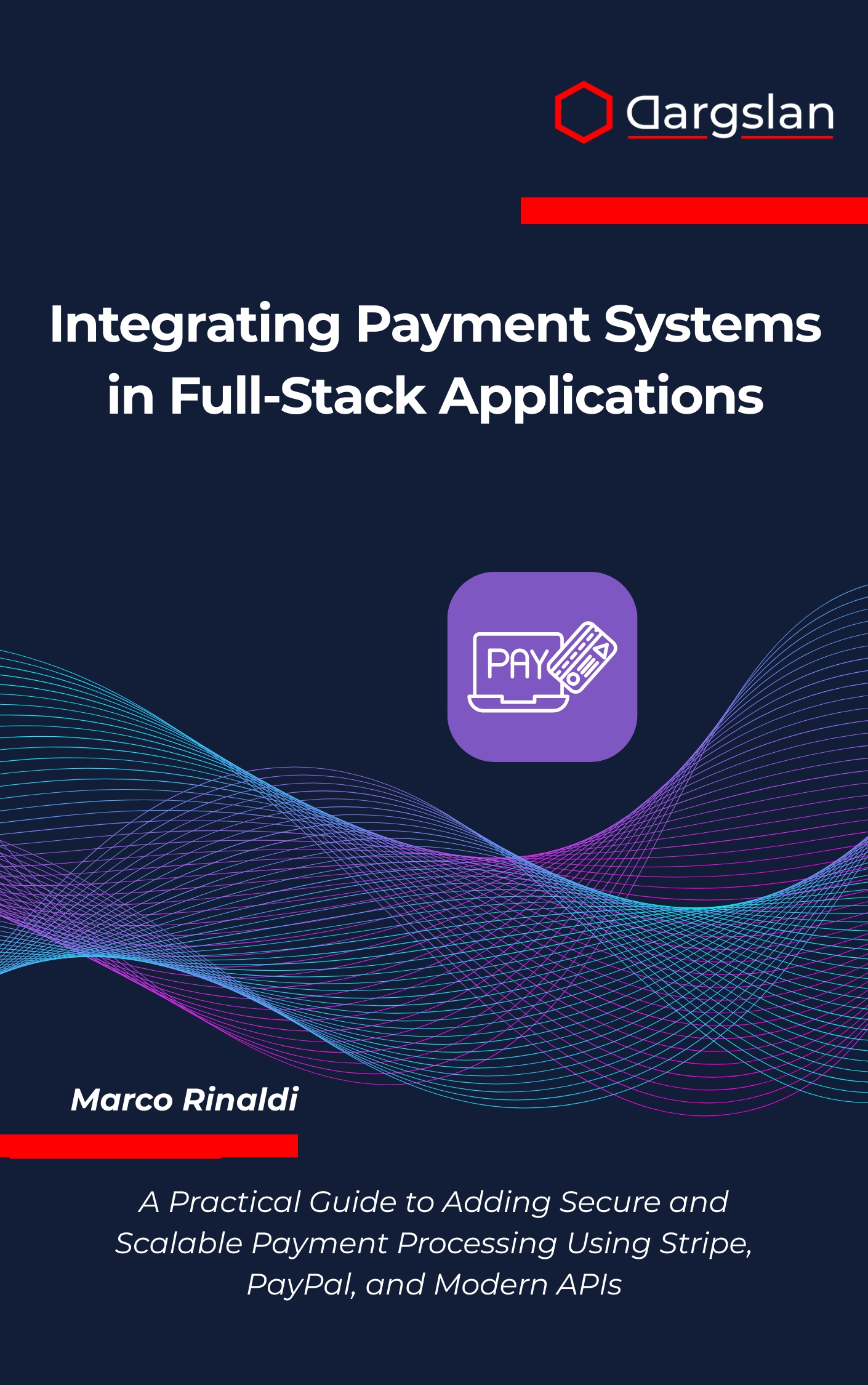Python for Linux Automation
Python One-Liners for Developers: Write Efficient and Elegant Code,Learn to write powerful, concise one-liners in Python for quick problem-solving.
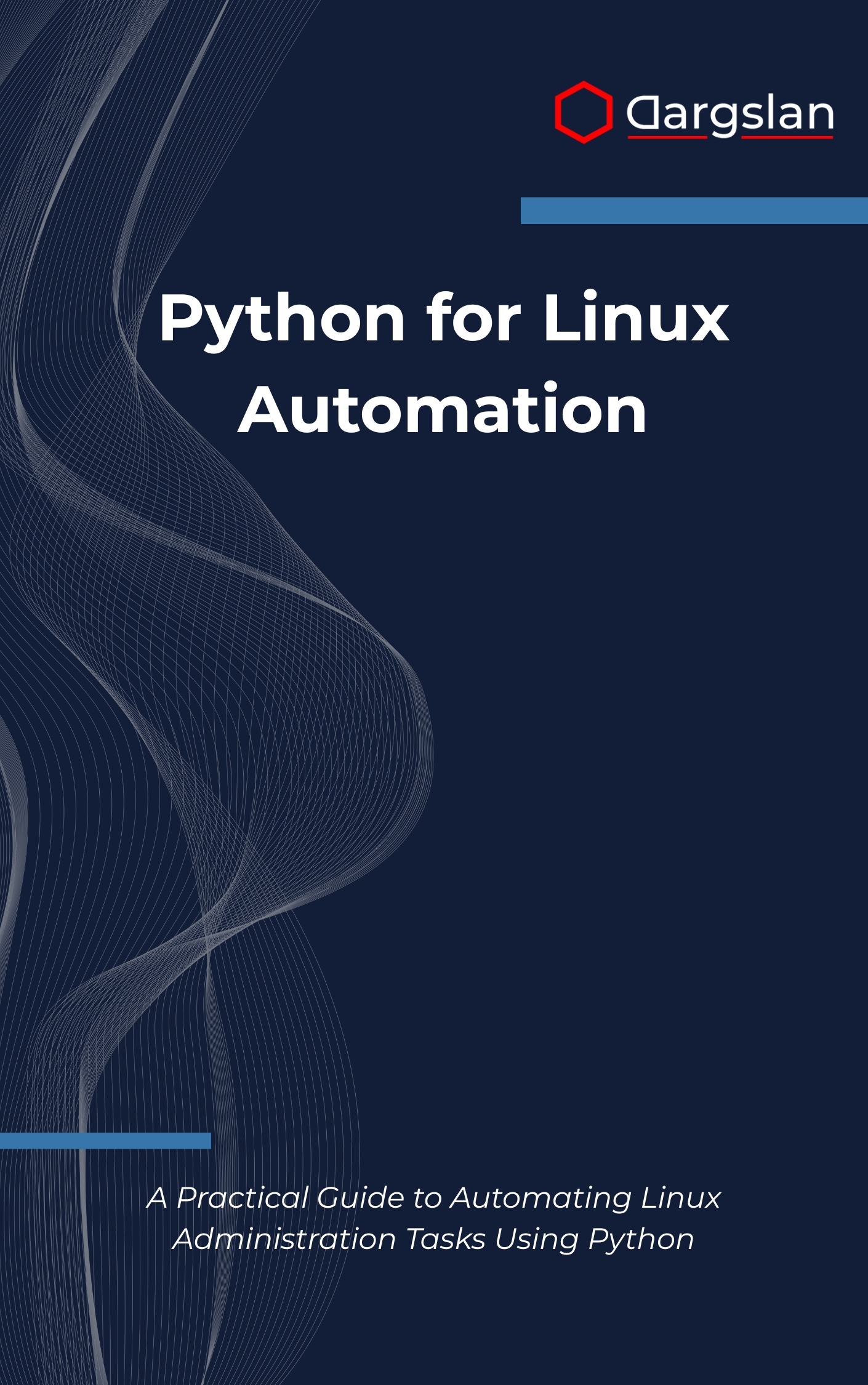
Turn repetitive Linux administration into fast, reliable, and testable workflows. With the right patterns, Python helps you orchestrate everything from user provisioning to multi-server deployments—safely, consistently, and at scale.
A Practical Guide to Automating Linux Administration Tasks Using Python
Overview
Python for Linux Automation delivers a complete, hands-on roadmap for building robust tooling that replaces brittle manual steps. If you’ve been looking for A Practical Guide to Automating Linux Administration Tasks Using Python that bridges fundamentals and production realities, this programming guide shows you exactly how to design, code, and operate automation you can trust.
Across the chapters, you’ll learn Python environment setup on Linux and progress through file system automation and management, shell command execution and integration, user and group administration automation, service and daemon management, and job scheduling and cron automation. You’ll build system and network monitoring solutions, sharpen log file parsing and analysis, establish backup automation strategies, and master SSH and remote server management. You’ll also tackle package management automation, command-line tool development, error handling and testing methodologies, and real-world automation project implementation.
This IT book stands apart as a technical book that stays grounded in real operations. Each concept includes practical code patterns, clear explanations, and concrete examples that make Python approachable while meeting the rigor demanded by production environments.
By the end, you’ll understand not just what to automate, but how to architect the right solution for your Linux estate. The result is a toolkit of repeatable scripts and CLI utilities that scale across teams, servers, and services.
Who This Book Is For
- System administrators who want to replace fragile shell one-liners with reliable, testable automation and cut routine maintenance from hours to minutes.
- DevOps engineers and SREs seeking proven patterns for configuration, orchestration, and observability—plus battle-tested approaches for secure SSH workflows and error handling.
- IT professionals transitioning from manual processes who are ready to level up, build confidence with Python, and deliver measurable uptime and efficiency gains.
Key Lessons and Takeaways
- Design production-ready CLI tools using argparse, configuration files, and structured logging to standardize how automation is run, audited, and debugged.
- Implement safe file, process, and service operations with idempotent logic, enabling repeatable deployments, consistent backups, and reliable service restarts.
- Use SSH-based orchestration and parallel execution to manage fleets of Linux servers, with robust error handling and tests that prevent regressions.
Why You’ll Love This Book
You get clarity without fluff, step-by-step guidance without handwaving, and practical examples that mirror the realities of production. Each chapter builds on the last, translating Python’s elegance into tools that are maintainable, observable, and secure. From quick wins to advanced patterns, you’ll feel momentum from the first script to the final multi-server workflow.
How to Get the Most Out of It
- Follow the progression: start with Python environment setup on Linux, then move through filesystem tasks, service control, and remote management before tackling full-stack projects.
- Apply each concept immediately to your environment: convert a weekly manual task into a script, wire it into cron or systemd timers, and add logging and notifications.
- Build mini-projects: a user and group administration automation tool, a log file parsing and analysis pipeline, and a backup automation strategy with verification and reporting.
Get Your Copy
Build reliable automation that saves time, reduces errors, and scales with your infrastructure. Start transforming your Linux operations today.

